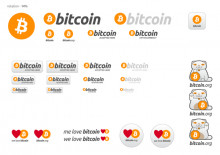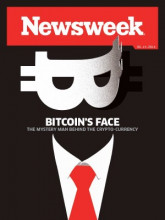Singapore broker urges 'light touch' Bitcoin regulation
Singapore should adopt a light touch approach in regulating virtual currencies such as Bitcion, and instead allow technology to do most of the "governing" to safeguard against illegal activities.
According to David Moskowitz, director of Singapore-based Bitcoin broker, Coin Republic, regulation alone will not necessarily achieve its goal of addressing concerns such as money laundering or the failure of a Bitcoin exchange.









































































